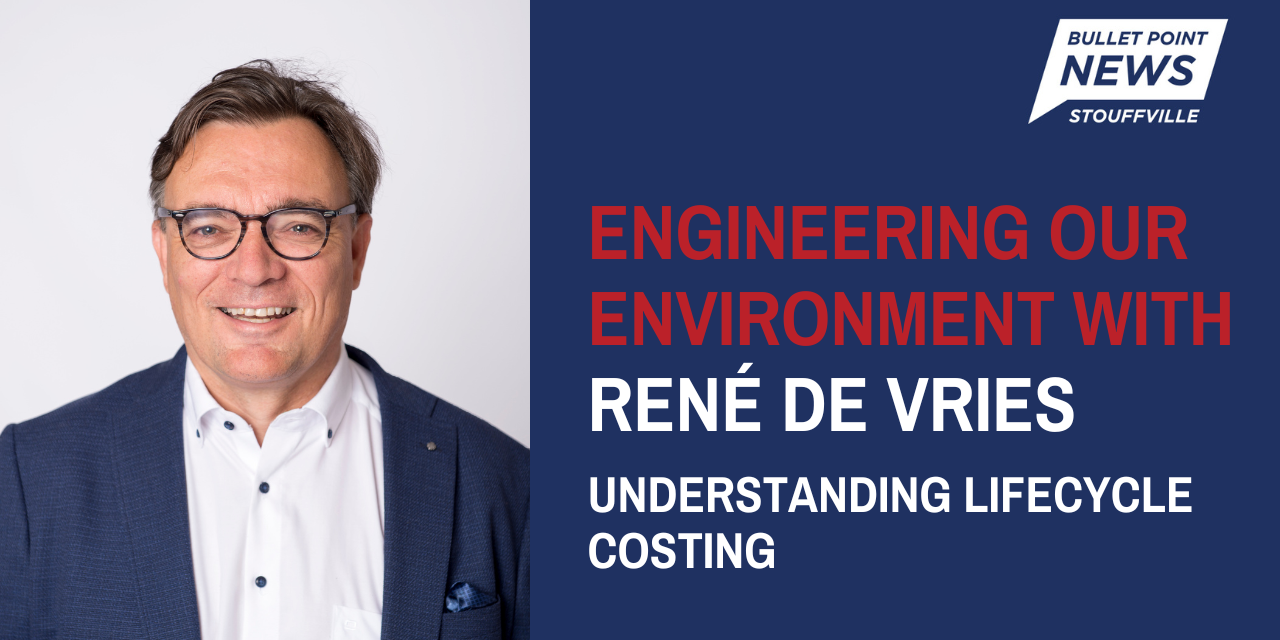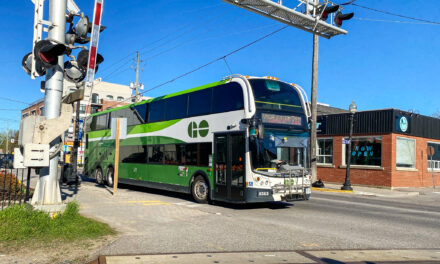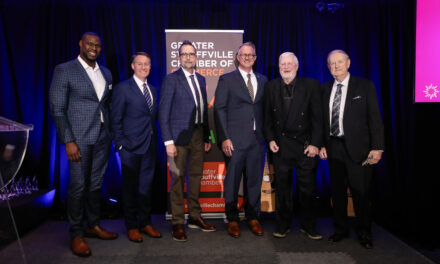-
René de Vries, Bullet Point News’ Environmental Correspondent, joins us for a second interview this month to discuss lifecycle costing and sustainable development.
- There is a growing desire to utilize more environmentally-friendly building methods, whether for housing or major infrastructure projects. While this can come with greater up-front costs, savings can be identified through the costing process.
- Long-term lifecycle costing aims to comprehensively assess the environmental and cost implications of decisions made over the entire lifespan of a project.
- Housing projects such as the LivGreen builds on Main Street advertise this, highlighting net-zero construction and environmentally-friendly living. They also aim to provide reduced condo fees thanks to lower energy and operating costs.
- To help explain, de Vries highlights a homeowner’s decision on whether to install a high-efficiency or low-efficiency furnace: “A high-efficiency furnace could cost $7,000, and a low-efficiency one could cost $5,000. But because you save $3,000 using the high-efficiency model over its lifetime, you’re actually saving $1,000.”
- The goal is not only environmental sustainability but also ensuring that a given investment makes economic sense over the long run.
- However, de Vries acknowledges that long-term lifecycle costing is not without controversy. He expresses concern that improper implementation or biased analyses, driven by ideological motives, can lead to skepticism.
- While sustainability practices can be viewed solely as cost burdens, there are also instances when a desire to promote a specific environmentally-minded technology can influence the costing process.
- “Perhaps we’re only interested in implementing solar panels and windmills, and therefore we’re going to do a lifecycle costing analysis that sways itself toward that option,” Rene explains. “You’re not being honest, and you’re not looking at truth.”
- In such cases, the methodology can become a tool for pushing specific ideologies rather than objective analysis. “If people only want to reduce carbon and not look at the costs of doing that, that’s a problem.” de Vries adds.
- De Vries notes how politics can be a major influencer in these regards and emphasizes the importance of honesty and thorough analysis in long-term lifecycle costing to avoid misuse and ensure multi-faceted benefits.
- Stouffville residents with questions or topic suggestions for future pieces can submit them to de Vries via email.





